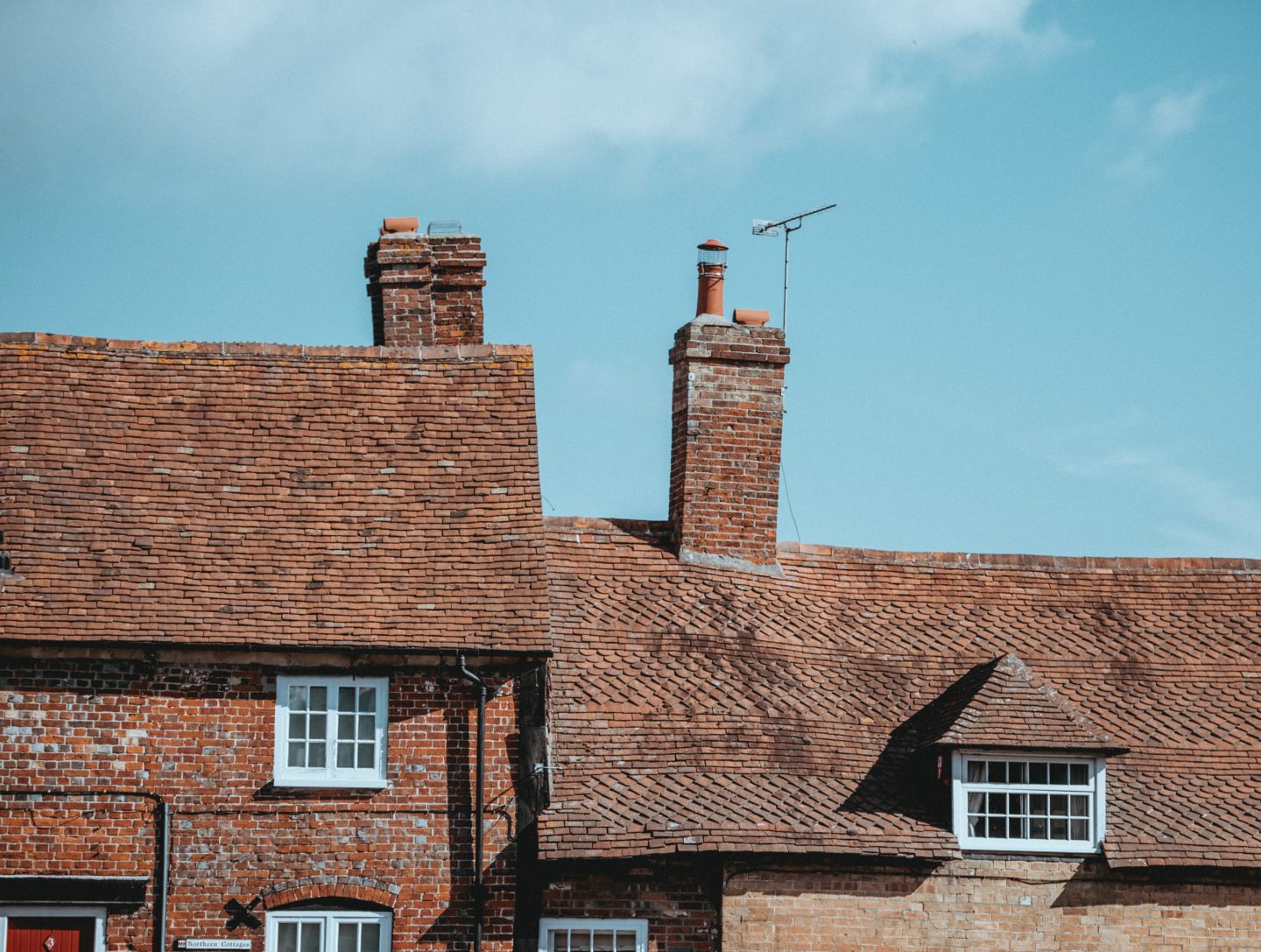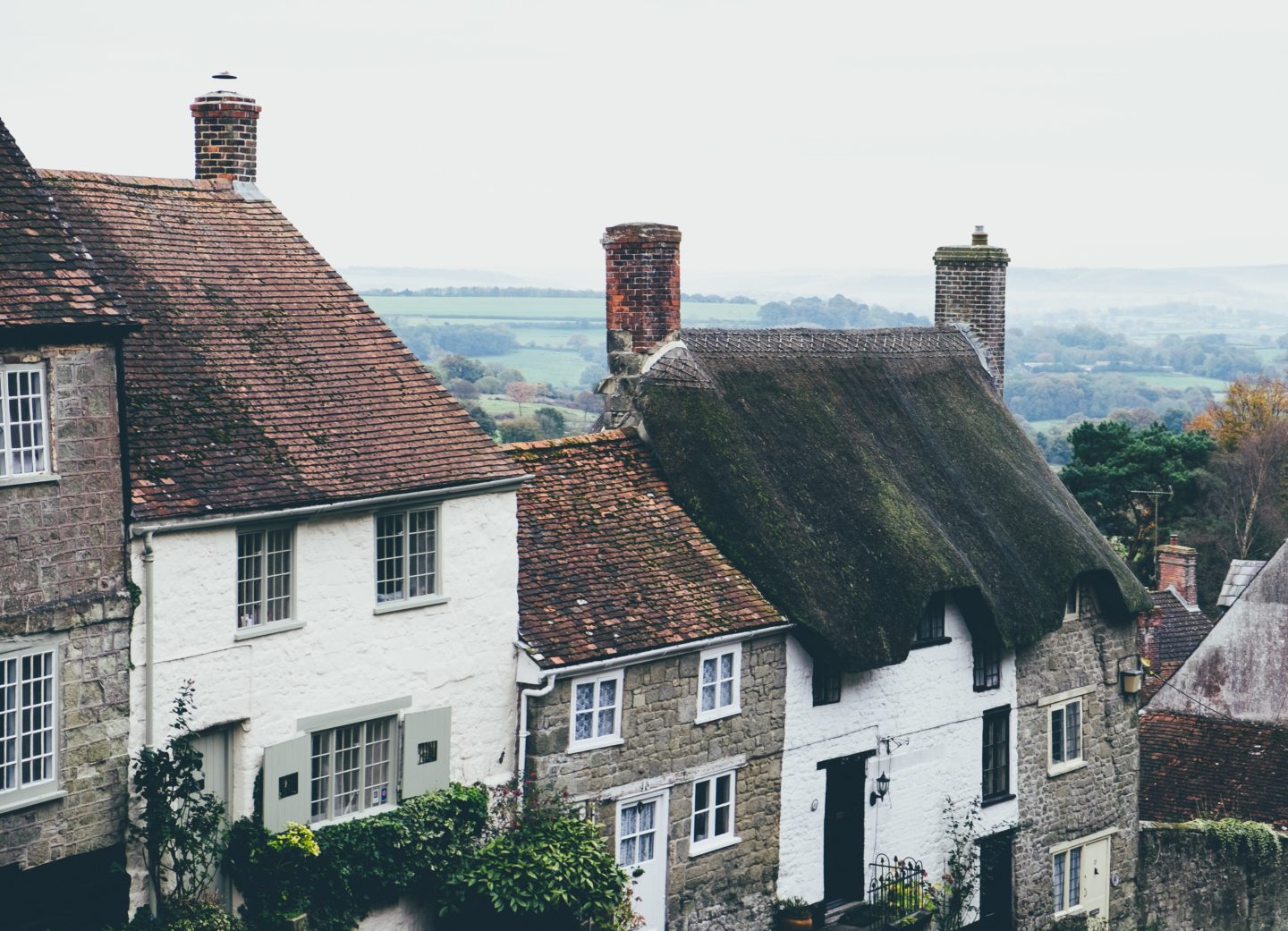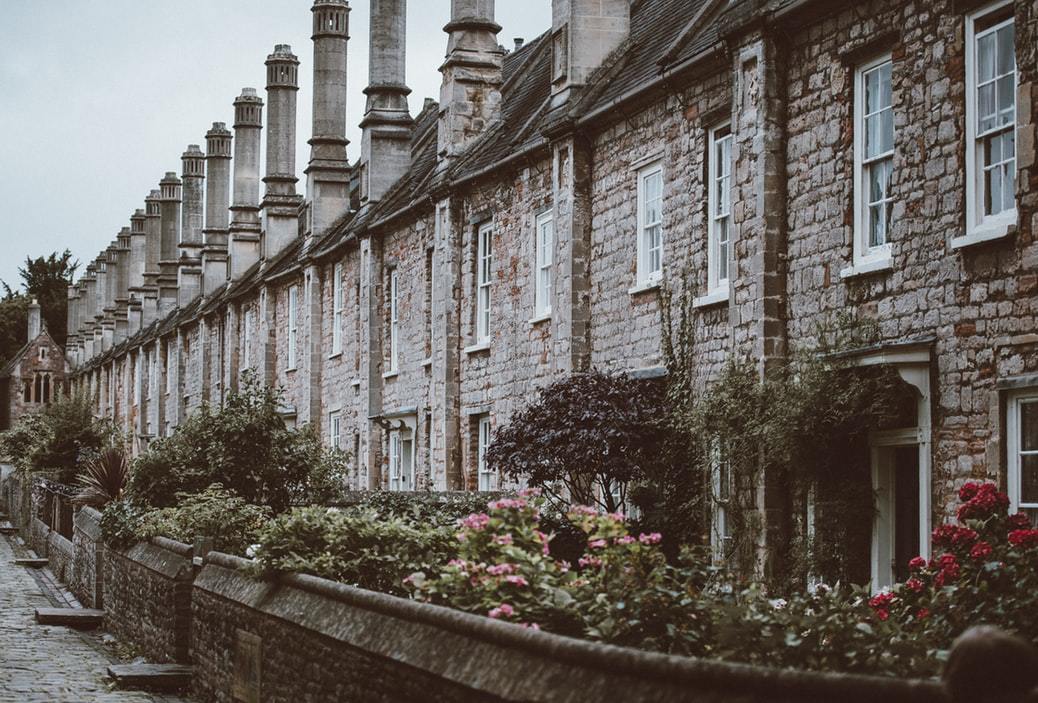Article written by Lucy Hughes.

Source: Unsplash
Whether you’ve always dreamed about living in a vintage cottage in the countryside, you’ve bought an aging house out of necessity or practicality, or you love period design, there are a few crucial factors to consider before buying an older property.
Be Prepared
In particular, very old properties have conditions placed upon them limiting what you can do to them in the future. Is your potential new home “listed” or in a conservation area, for example? Historic England have considered a few aspects homeowners must keep in mind, including the need for greater attention to be paid to regular maintenance, and the increased costs of conservation in regards to planning, materials, and build techniques in restoration or renovation.
Furthermore, older properties invariably need some TLC. While using a mortgage calculator via a broker like Trussle will detail what you can borrow, the mortgage type, term and interest rate, and consider your capacity to afford the repayments, you’ll need to think about potential additional costs to complete necessary home improvements. While this won’t impact your ability to get a mortgage, it may impact your finances once you’ve moved in.

Source: Unsplash
What Does The Property Need?
Look out for tell-tale signs of much-needed maintenance. Query recent repairs and question whether or not the property has required work on its structure or foundations as well as aspects such as its roof and drainage. Ask about the property’s insulation, check when the wiring was upgraded, plan ahead for potential underpinning, and consider the availability of natural light and the house’s orientation.
Damp is the number-one problem associated with older properties so, when viewing, look out for mould which manifests as stains on walls and plaster. As well as some other key aspects to keep an eye on, as detailed by Jess Sheldon in The Express, structural issues can also be a problem so it might be a good idea to ask a builder or structural engineer to look at the property for you. This will provide a good idea as to how much money you may need to improve your new home.
What Do You Want?

Source: Unsplash
There are plenty of reasons why buying an older property is an attractive option. But, when deciding to purchase your new home, you have to consider what you want from it. For example, are you going to live there for a long period of time, or is it more a short-term investment of less than five years?
After all, value is not simply monetary. Indeed, you’ll get more out of the satisfaction of living in your home than the potential profit of a sale in the future if your plans are to stay put. This could mean the difference behind expensive renovations (such as an extension) or comparatively less expensive cosmetic improvements (such as a new bathroom suite or kitchen refit).
These are just a few important things to consider when buying an older property. Crucially, it’s about weighing up what you want from your home and what sort of investment it is to you. While there are many questions to ponder when purchasing a house, buying an older property can come with its own unique challenges, so it’s important to be prepared.






